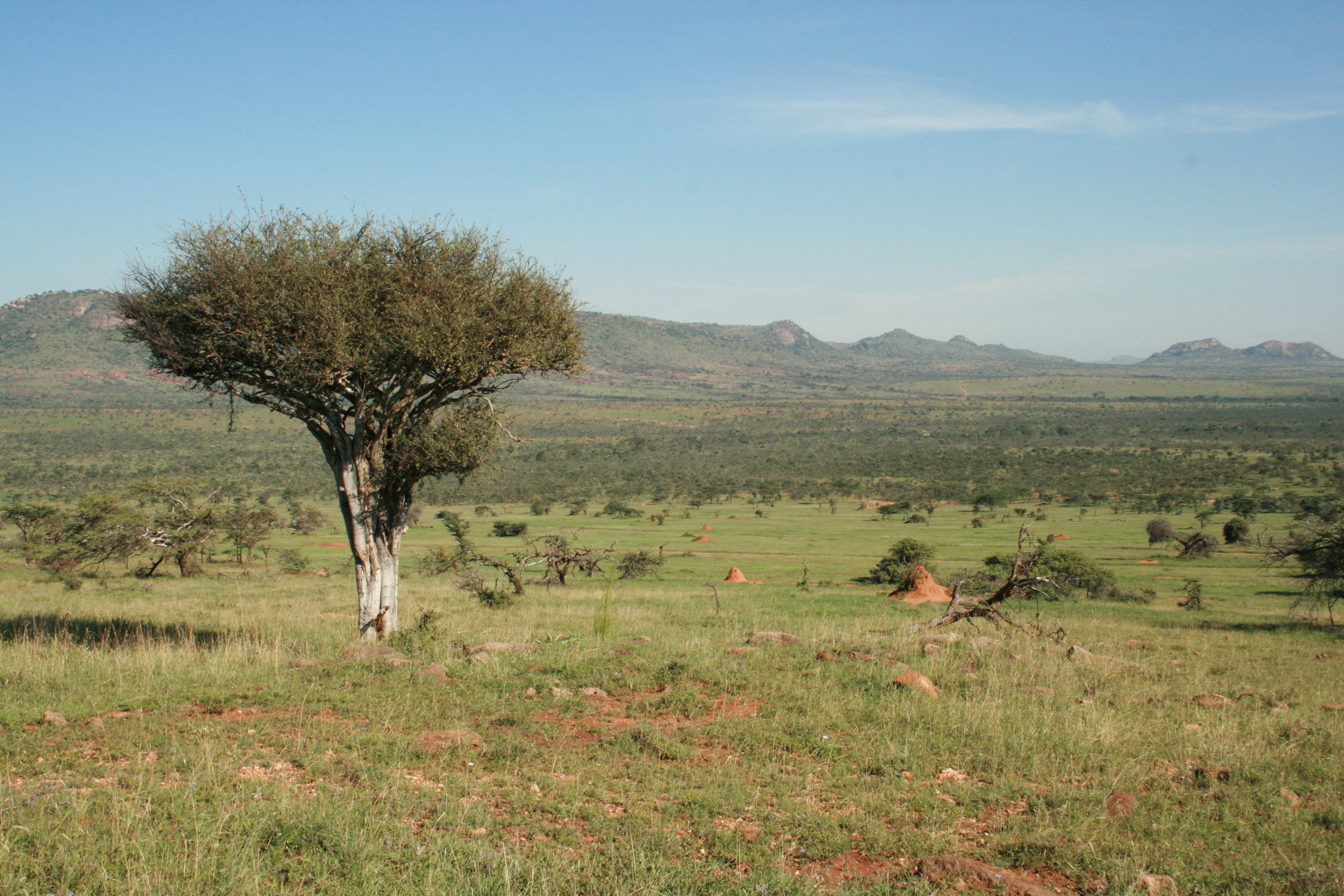

Around 1,200 years ago, archaeological evidence suggests pre-existing pastoralist societies that had been present in some parts of eastern Africa since c. 5,000 BP experience significant cultural and economic change. Materials signs of these include the uptake of iron smelting technologies, new ceramic styles, and changes in food production. In the following centuries, the region also experienced several significant shifts in climate, alternating between periods of increased rainfall and extended droughts. The LHEAAPS project aims i) to better understand the drivers of these socio-ecological changes and their interconnections through integrated analysis of human and livestock mobility, dietary practices, exchange networks, and responses to climate change over the last c. 1500 years, and ii) demonstrate the value of these deep histories for planning more sustainable futures for contemporary pastoralist societies.
Funder
Horizon Europe UKRI Underwrite ERC Advanced


